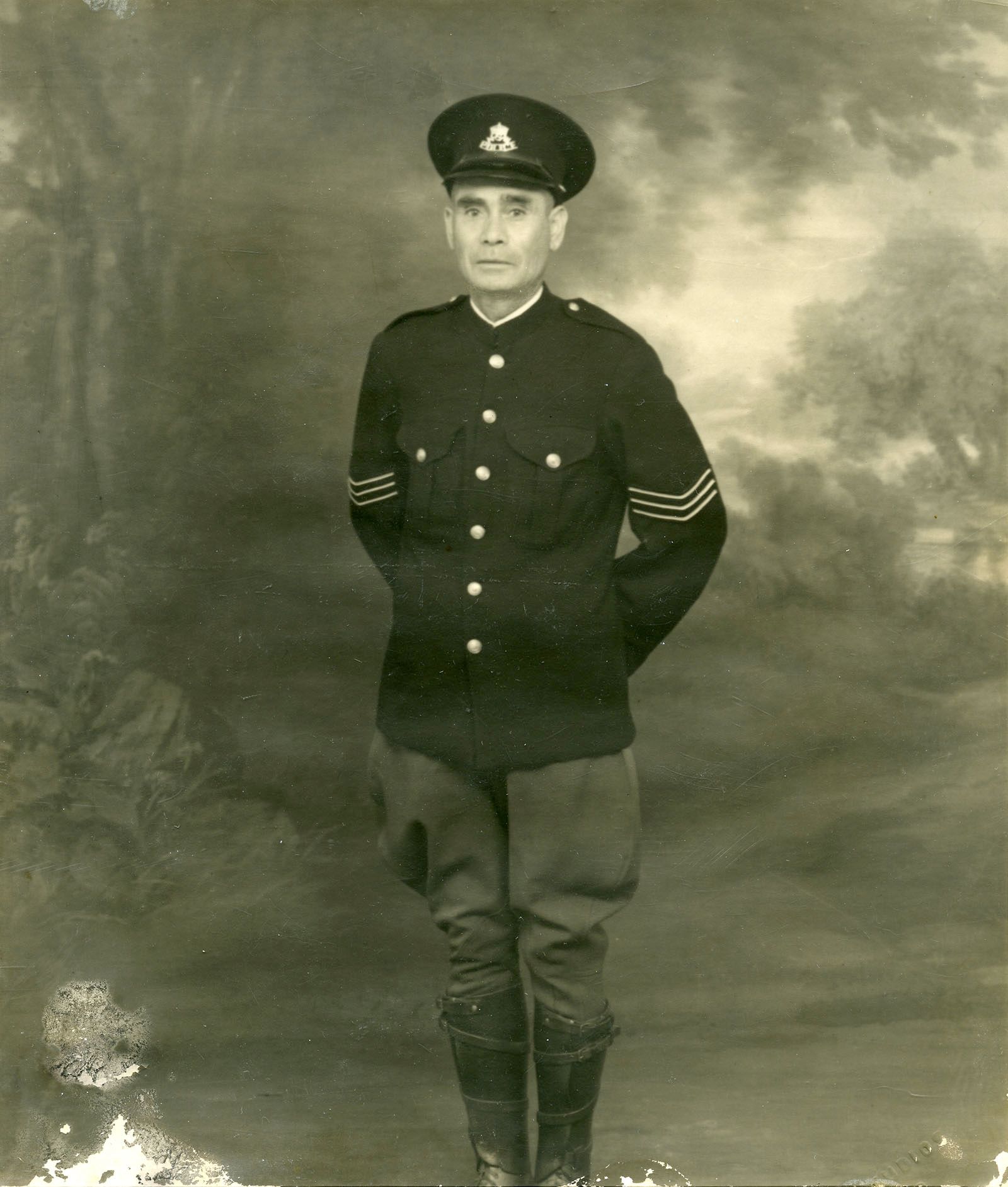Aboriginal trackers & gaol photos
There is growing realisation about the variety of records that reveal details of NSW Aboriginal lives in the 19th century, including those in our Collection.
Historian Michael Bennett speaks about the hundreds of men and potentially more than a few women who worked as trackers for the police, performing a variety of tasks from pursuing criminals to caring for police horses and gruesomely, retrieving drowned bodies from rivers and creeks. Their lives and careers are revealed from police records including salary registers and diaries of duties and occurrences. Tragically, personal details of Aboriginal people are found in gaol records including photograph description books which often record the only depictions of Aboriginal people born in the early 19th century. At a time when efforts are underway to understand the complex and heartbreaking history of Aboriginal interactions with law enforcement, Michael highlights records that Aboriginal people can access to discover more about their own family history on the colonial frontier.

First Nations
A fisher woman of Warrane
Daringa’s short but fascinating life reflects the connection of coastal Aboriginal peoples to the water, and the key role played by women in the fishing economy
![NRS 12061 [12/8749.1] 62/1515pt1, p334](https://cdn.sanity.io/images/zl9du87e/staging/f95209714e7233f28b7abc814dbc999c0d9033e3-1404x2000.jpg?rect=0,525,1404,861&fit=max&auto=format)
Advocacy, allyship and the rise and fall of the Aborigines Protection Board
In the lead-up to 26 January, the State Archives Collection provides opportunities to explore and reflect on past examples of advocacy and allyship in the fight for First Nations rights

Alexander Riley, legendary Aboriginal police tracker
The remarkable talents of Aboriginal trackers who worked for NSW Police in the 20th century are featured in a display at the Justice & Police Museum
